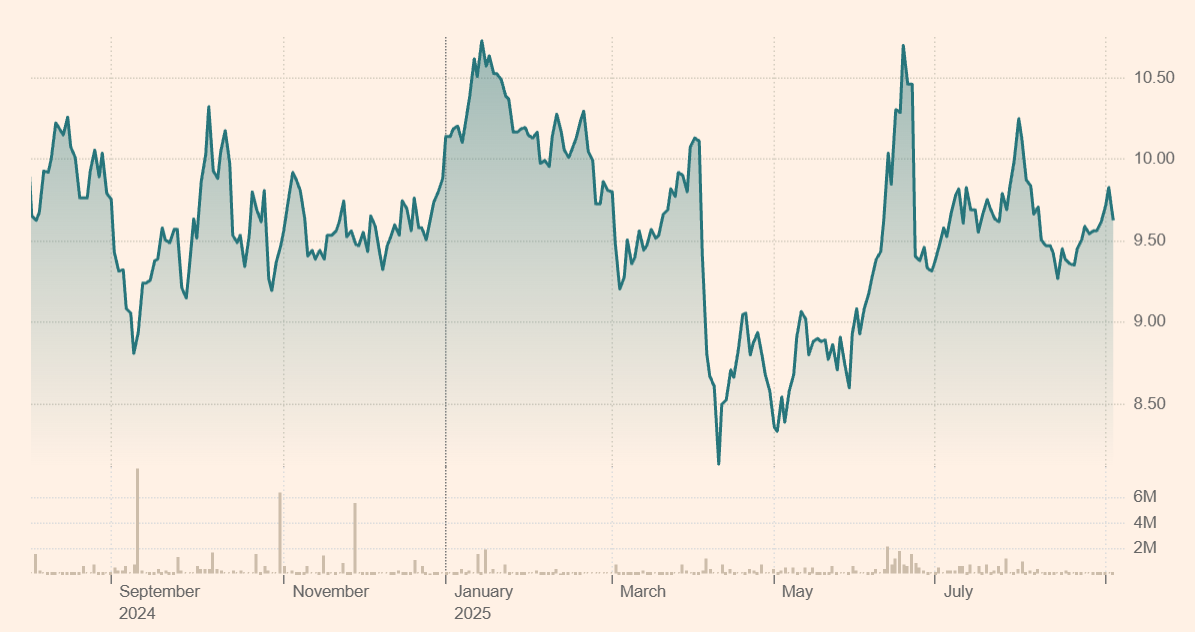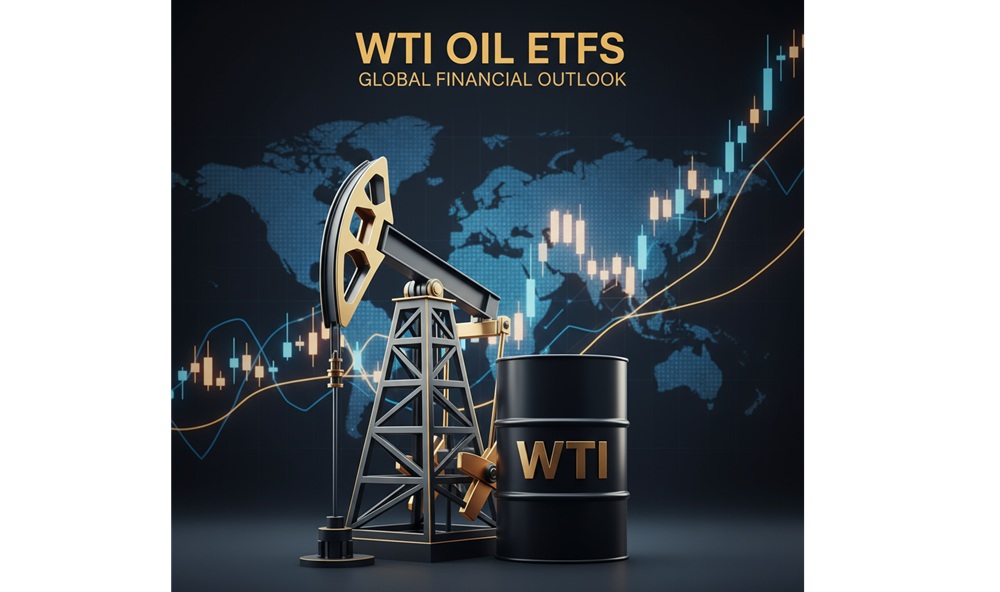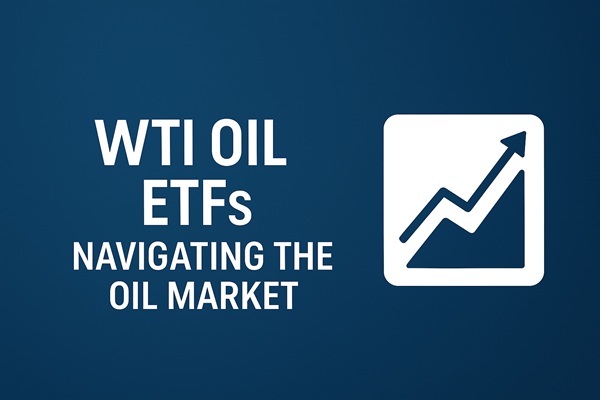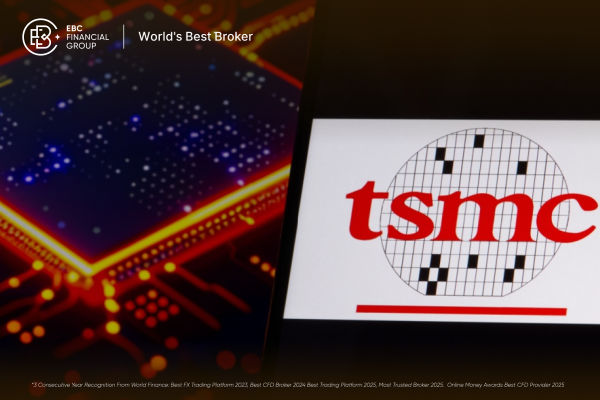WTI oil ETFs offer a practical way to track and trade oil price movements without directly dealing with futures contracts.
Crude oil remains one of the most significant commodities in global markets, influencing economies, inflation, and corporate profitability.
Among oil benchmarks, West Texas Intermediate (WTI) plays a central role as the primary reference for U.S. crude pricing and a key measure of energy market sentiment worldwide.
For investors, gaining exposure to oil prices directly can be complex, requiring specialist accounts and the management of futures contracts. WTI Oil Exchange-Traded Funds (ETFs) bridge this gap by offering a straightforward and liquid means of participating in oil price movements through instruments that trade on stock exchanges.
This article examines how WTI Oil ETFs function, their advantages and limitations, and the considerations investors should weigh before incorporating them into a portfolio.
How WTI Oil ETFs Operate
WTI Oil ETFs are designed to track the performance of WTI crude oil, typically through exposure to futures contracts rather than physical barrels of oil. These contracts are agreements to buy or sell oil at a specified price and date.
Most ETFs roll their positions—closing expiring contracts and opening new ones—to maintain continuous exposure. The precise strategy varies between funds:


By using these structures, WTI Oil ETFs provide investors with oil exposure without the operational challenges of futures trading or physical storage.
Benefits of WTI Oil ETFs
WTI Oil ETFs offer a number of compelling features:
Accessibility: They trade on exchanges like ordinary shares, making them widely available through standard brokerage accounts.
No Physical Storage: Investors avoid the logistical issues of handling crude oil directly.
Portfolio Diversification: Energy exposure can act as a hedge against inflation, geopolitical events, or equity market volatility.
Speculative Opportunities: ETFs allow tactical participation in short-term price movements without the complexity of futures trading.
Lower Barriers to Entry: ETFs provide fractional exposure compared with the larger capital requirements of futures contracts.
Risks and Considerations about WTI Oil ETFs
While attractive, WTI Oil ETFs are not without risks. Investors should remain aware of the following:
1)Contango and Backwardation:
When futures prices are higher than spot prices (contango), rolling contracts can erode returns. In backwardation, the opposite effect occurs.
2)Tracking Error:
Because ETFs follow futures contracts rather than spot oil, performance can diverge from headline crude prices.
3)Volatility:
Oil is inherently volatile, with prices influenced by OPEC policy, geopolitical tensions, economic cycles, and weather-related events.
4)Costs:
Expense ratios and transaction-related fees may reduce net returns over time.
5)Leveraged Products:
While leveraged or inverse WTI ETFs exist, they amplify both gains and losses and are generally unsuitable for long-term investors.
WTI Futures vs. WTI Oil ETFs

A key decision for investors is whether to access oil via futures directly or through ETFs.
Futures Contracts: Offer direct exposure, precision, and near-perfect tracking of oil prices. However, they require a commodities trading account, carry margin requirements, and demand active management.
WTI Oil ETFs: Provide simplicity and accessibility, with the ability to trade like shares. The trade-off is the potential for roll costs and tracking errors.
For institutional or professional traders, futures may be preferable. For retail investors seeking convenience, ETFs represent a practical solution.
When WTI Oil ETFs May Be Suitable
WTI Oil ETFs are most effective when used for:
Inflation Hedging: Oil often rises in inflationary environments, offering some protection against rising consumer prices.
Event-Driven Strategies: Prices can respond sharply to supply disruptions, sanctions, or geopolitical risks.
Short-Term Positioning: ETFs are generally better suited to tactical exposure rather than buy-and-hold strategies.
Diversification: Adding oil exposure can lower correlation with traditional equities and bonds.
For longer-term investors, however, structural costs and futures dynamics can diminish performance, making alternatives such as energy equities or diversified commodity funds more appropriate.
Frequently Asked Questions (FAQ)
1. What does a WTI Oil ETF track?
Most WTI Oil ETFs track futures contracts linked to WTI crude oil prices. Some focus on near-month contracts, while others hold a blend of maturities.
2. Why don't WTI Oil ETFs perfectly match oil prices?
They are tied to futures, not spot prices. As a result, roll yields, market conditions, and management fees can cause performance differences.
3. Are there alternatives to WTI Oil ETFs?
Yes. Investors can trade oil futures directly, purchase shares of oil and gas companies, or invest in broader commodity-based funds.
4. Are leveraged WTI Oil ETFs suitable for long-term investors?
Generally not. Leveraged ETFs are designed for short-term trading, as compounding effects and volatility can distort returns over time.
Conclusion
WTI Oil ETFs provide investors with an accessible and efficient means of participating in one of the world's most important commodities. They combine the convenience of equity-like trading with exposure to crude oil markets, making them particularly useful for short-term strategies, tactical positioning, and inflation hedging.
However, these products are not without drawbacks. Futures market dynamics, roll costs, and volatility can lead to results that differ significantly from spot oil prices. As such, they require careful use within a broader investment strategy.
For investors seeking quick and liquid exposure to oil, WTI Oil ETFs are a valuable tool. For those pursuing long-term holdings, alternatives such as energy sector equities or diversified commodity funds may provide more stable results.
Disclaimer: This material is for general information purposes only and is not intended as (and should not be considered to be) financial, investment or other advice on which reliance should be placed. No opinion given in the material constitutes a recommendation by EBC or the author that any particular investment, security, transaction or investment strategy is suitable for any specific person.





























